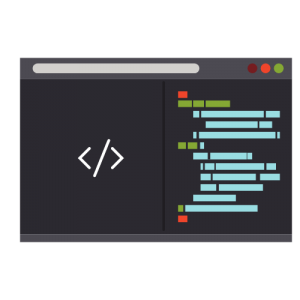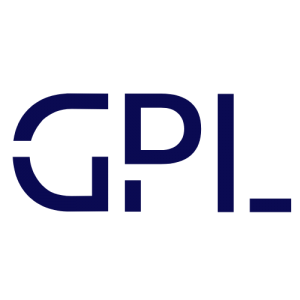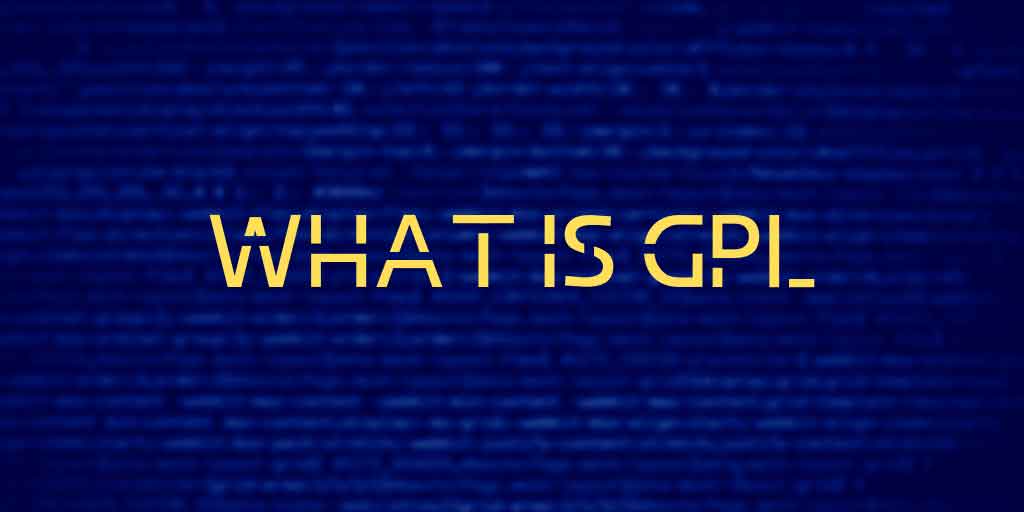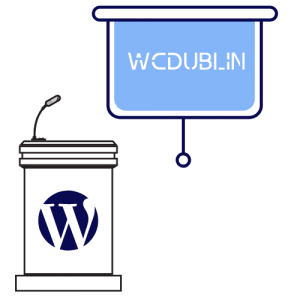The term ‘GPL’ is frequently used within the WordPress Community, and it’s often taken as an assumption that each of us knows and understands what GPL is.
What is GPL

The term ‘GPL’ is frequently used within the WordPress Community, and it’s often taken as an assumption that each of us knows and understands what GPL is.
To be honest, I don’t think many of us do. I mean, we get the gist of it right – “it’s code that is freely available on the internet, and I (on my own or in collaboration with others) can play around with, change, make some cool stuff, maybe even commercialise it? “ but is that it?… really? We decided to do some investigating, head right back to the start and see what we would uncover… Let’s start with answering this question.
What is Open Source
Open Source denotes software for which the original source code is made freely available and may be redistributed and modified. Open Source **must be** delivered via a licensing model, see GPL.
WordCamp.org

Not just GPL, there are many alternatives – Take a look at the ‘Open Source Licenses by Category’ https://opensource.org/licenses/category
- Firstly, we went to this fountain of knowledge: https://opensource.com/resources/what-open-source
What we learnt here was the following:- The term “open source” refers to something people can modify and share because its design is publicly accessible.
- Open Source software is software with source code that anyone can inspect, modify, and enhance.
“Source code” is the part of software that most computer users don’t ever see; it’s the code computer programmers can manipulate to change how a piece of software – a “program” or “application”—works. Programmers who have access to a computer program’s source code can improve that program by adding features to it or fixing parts that don’t always work correctly.
What is GPL

- Firstly, the acronym – General Public Licence or GNU
- GPL or General Public License, sometimes also called GNU GPL, is the most commonly used free software license. It was written by Richard Stallman of Free Software Foundation for GNU Project. This license allows software to be freely used, modified, and redistributed by anyone. WordPress is also released under the GPL license, which means that WordPress is an open source software that can be used, modified, and extended by anyone. https://www.wpbeginner.com/glossary/gpl/
What about GPL & WordPress
While this video isn’t very recent, it gives a deep insight into the origins of WordPress and the general public licence according to Automattic founder Matt Mullenweg.

Key Takeaways:
- WordPress itself was built on / developed from Open Source software – b2
- If you build something on top of a GPL product, it must also be GPL
- There is nothing in GPL that says you can’t charge for it but the purchaser should be able to modify it
- “Just because you can make money doing something, doesn’t mean you should do it”
- Plugins are GPL because they hook into WordPress core – hooks, filters and functions, database
- If you take WordPress out, does the theme still work?
- Distributing a theme Vs One off theme for a client
- Some business models offer commercial support for GPL themes
Keen to learn more?
Discover more about the origins of WordPress and the four freedoms of the Bill of Rights.
Other Interesting Talks
Rouzbeh Firouzmand: Going GPL.
What Happens When a Theme with 100K Users Goes GPL!
WordPress GPL and Copyrights – WC Delhi 2017
– Panel discussion
What about GPL and WordCamps and WordCamp speaker selection
They must embrace the WordPress license. This means that if they are distributing WordPress-derivative works (themes, plugins, WP distros), any person (or their business) should give their users the same freedoms that WordPress itself provides. Note: this is one step above simple compliance, which requires PHP code to be GPL/compatible but allows proprietary licenses for JavaScript, CSS, and images. 100% GPL or compatible is required for promotion at WordCamps when WordPress-derivative works are involved, the same guidelines we follow on WordPress.org.
Further resources:
GPL topic on WordPress TV – https://wordpress.tv/?s=gpl
GPL Open Source Licence – https://cyberchimps.com/guide/gpl-open-source-license/
GPL FAQs – https://www.gnu.org/licenses/gpl-faq.en.html

